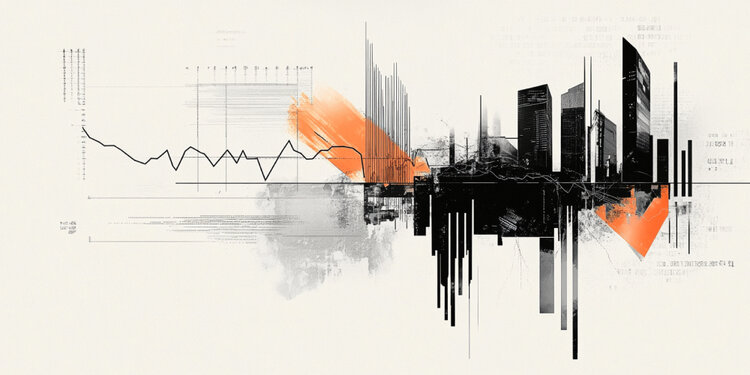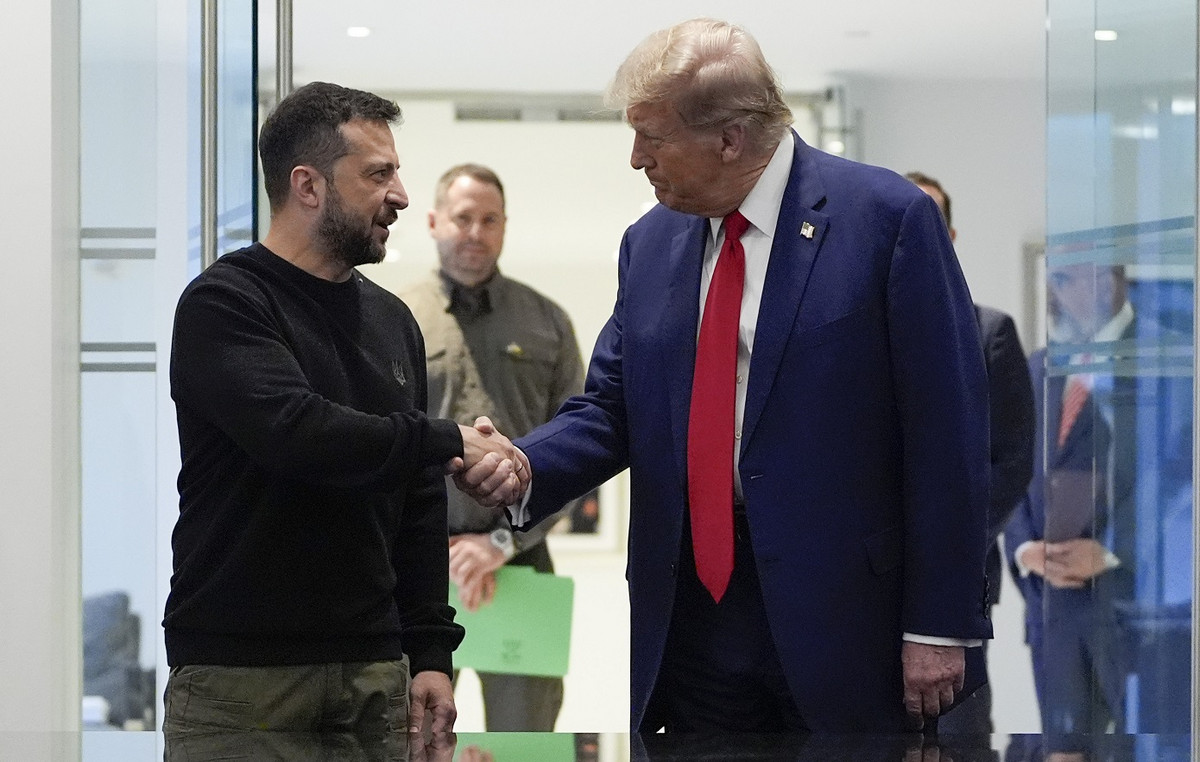Brazil is among the six countries with the lowest inflation in a group of 22 members of the G20, with a smaller number than countries like France, the United States, Germany and the United Kingdom. The list prepared by Austin Rating also includes indices for the euro zone and the European Union.
The official Brazilian price index accumulates a rise of 5.90% in the last 12 months, below the 6.47% observed in the immediately previous 12 months, according to the IBGE announcement made this Friday (9). In the month, the index was 0.49%, after rising 0.59% in October.
This scenario takes shape amidst record inflation in European Union countries, which are still struggling with rising energy and fuel prices, affected, above all, by the conflict between Russia and Ukraine, which has been hampering the flow of natural gas. coming from Eastern Europe.
positive surprises
“The general index of 0.49% was a good result, considering the projection in Austin of 0.56% and the average market expectation of 0.53%. The main highlight for this deceleration in relation to the previous month was that food products rose less than expected, and also the household items group, in which all items presented negative variation”, says Alex Agostini, chief economist at Austin Rating.
For Rafaela Vitória, Chief Economist at Inter, the biggest surprise was the drop in inflation on goods, “as anticipated by the negative IPA in previous months. Falling commodities and normalization of supply, in addition to the impact of monetary policy, contribute to lower inflation”.
The economist also highlights the drop in the average of the cores and the spread of inflation for the month, which indicates a lower inflationary pressure, in general, in the economy. “Finally, service inflation was also low and, even excluding airline tickets, shows that the sector also continues with a slowdown in price adjustments”, she says.
According to Rafaela, the Central Bank’s restrictive monetary policy is already showing its effects in decelerating inflation “and we could already be discussing the beginning of monetary easing, which in our previous forecast could start in the 1st quarter of 2023”.
“The transition PEC and the proposal to increase significant spending brought more uncertainties and the interest rate reduction may take longer, if the result after approval is the disconfirming of expectations”.
The C6 points out in a note that industrial goods are already showing a sharp deceleration. “Inflation of industrial goods decelerated more than expected in November (+0.11%). This slowdown was motivated by the drop in commodity prices and the normalization of global production chains. Wholesale indices already show a drop in prices in this segment”.
Deceleration is expected for December
The main contribution to the rise in the IPCA in November, fuels could bring inflation down next month, due to recent price drop announcements made by Petrobras, according to analysts.
“For December, we forecast inflation a little lower than that of November precisely because, this month, a reduction in fuel prices was announced, so we believe that this could contribute to the lower number”, says Agostini.
“Last month, the main increase came from the price of gasoline, which rose 2.99%. Gasoline should fall again in December, as Petrobras has just announced a price reduction”, says C6 in a note.
The C6 predicts that the IPCA will end 2022 at 5.6%, now with a slight downward bias. “For 2023, our forecast is that inflation will remain high, reaching 5.9%”.
Source: CNN Brasil
A journalist with over 7 years of experience in the news industry, currently working at World Stock Market as an author for the Entertainment section and also contributing to the Economics or finance section on a part-time basis. Has a passion for Entertainment and fashion topics, and has put in a lot of research and effort to provide accurate information to readers.







